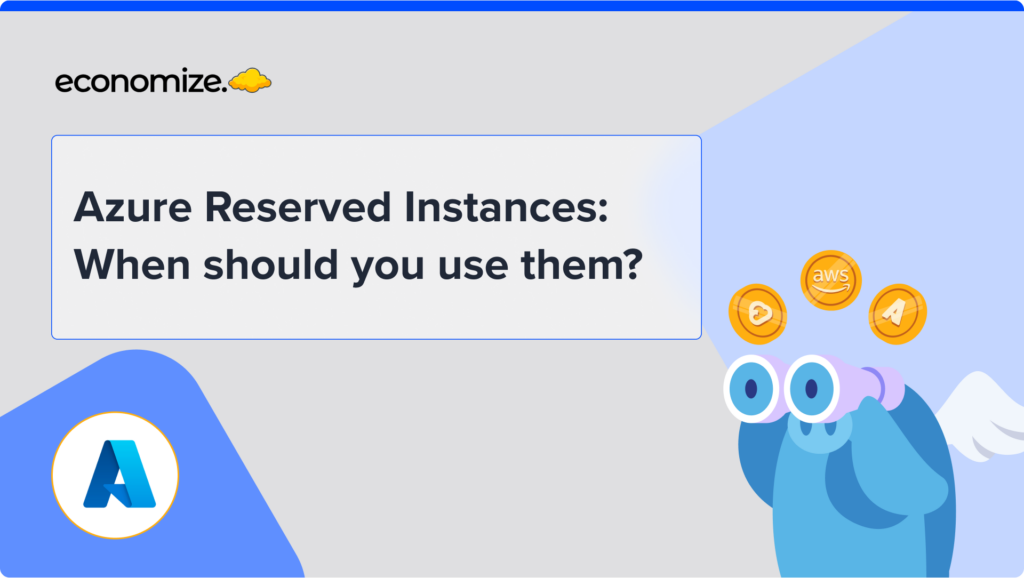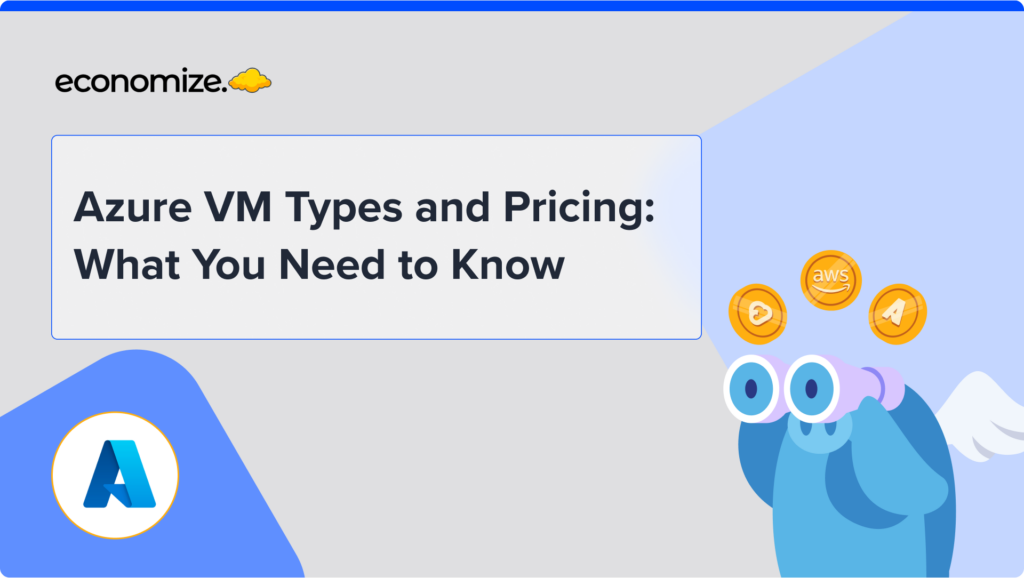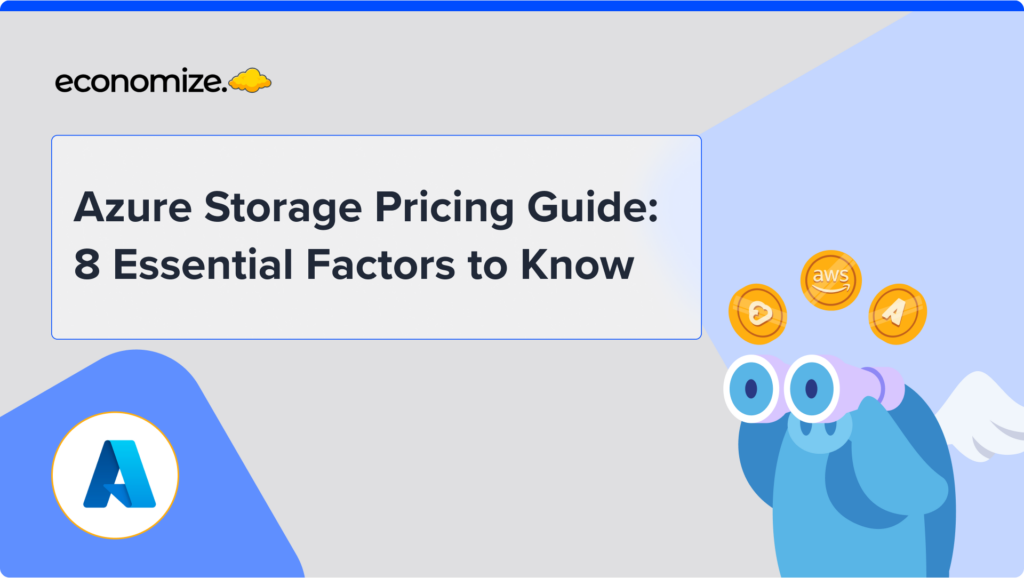In the era of cloud computing, where businesses are increasingly adopting multi-cloud strategies, the need for seamless connectivity and efficient networking solutions has never been more crucial. Enter GCP Cross Cloud Network, an innovative networking solution offered by Google Cloud. In this comprehensive exploration, we will delve into what GCP Cross Cloud Network is, its key benefits, pricing factors, real-world examples, its architectural framework, and how it distinguishes itself from traditional Cloud Interconnect solutions.
What is GCP Cross Cloud Network?
GCP Cross Cloud Network is a groundbreaking networking solution provided by Google Cloud. It is designed to simplify and enhance connectivity in a multi-cloud world. This powerful tool allows organizations to effortlessly establish connections between different cloud providers and on-premises locations. Essentially, it serves as a bridge that brings together disparate cloud environments, enabling businesses to operate seamlessly across various cloud platforms.
What is the Difference Between GCP Cross Cloud and Cloud Interconnect?
A common point of confusion is distinguishing between GCP Cross Cloud Networks and traditional Cloud Interconnect solutions. While both serve to establish connections, they differ in significant ways.
- Scope: GCP Cross Cloud Network is a comprehensive networking platform that extends beyond Google Cloud to connect with multiple cloud providers and on-premises data centers. In contrast, Cloud Interconnect typically focuses on establishing connections within a single cloud provider’s ecosystem.
- Flexibility: GCP Cross Cloud Network is designed to be open and programmable, allowing organizations to integrate partner products and services, customize services, and adapt to evolving networking needs. Cloud Interconnect solutions tend to offer more limited customization options.
- Security: GCP Cross Cloud Network leverages machine learning-powered security products, such as Cloud Armor, and integrates with partners like Palo Alto Networks to provide advanced threat protection and security posture controls. While Cloud Interconnect solutions offer security features, they may not match the advanced threat protection capabilities of GCP Cross Cloud Network.
Benefits of GCP Cross Cloud Network
GCP Cross Cloud Network brings forth a multitude of benefits, making it a compelling choice for organizations navigating the complexities of multi-cloud environments. Let’s explore these advantages in detail:
1. Simplified Networking: GCP Cross Cloud Network offers a unified platform for multi-cloud connectivity, significantly simplifying networking operations. This simplification results in reduced operational complexity and cost savings.
2. Enhanced Security: With machine learning-powered security products like Cloud Armor and partnerships with leading security providers, GCP Cross Cloud Network ensures a robust defense against cyber threats. Organizations can establish a strong security posture across their multi-cloud landscape.
3. Optimal Performance: In an age where performance is paramount, GCP Cross Cloud Network delivers high-speed networking with low latency, high throughput, and ample bandwidth. This is particularly crucial for resource-intensive applications like AI and data analytics.
4. Multicloud Agility: GCP Cross Cloud Network empowers organizations to operate seamlessly across various cloud providers. It provides the agility needed to adapt to changing business requirements without being locked into a single cloud ecosystem.
5. Cost Efficiency: By offering tiered pricing based on actual usage, GCP Cross Cloud Network ensures cost efficiency. Organizations only pay for the resources and bandwidth they require, eliminating unnecessary expenses.
6. Flexibility and Customization: The platform’s open and programmable nature allows organizations to integrate partner solutions, customize services, and tailor their networking infrastructure to meet specific business needs.
Architectural Framework of GCP Cross Cloud Network
The architectural framework of GCP Cross Cloud Network is designed to ensure simplicity, flexibility, and scalability. It comprises the following key components:
- Global Infrastructure: Leveraging Google Cloud’s global infrastructure, GCP Cross Cloud Network provides a robust backbone for secure and high-speed connectivity.
- Interconnects: Interconnects act as bridges between different cloud providers and on-premises locations. They are responsible for routing traffic efficiently and securely.
- Security Layer: GCP Cross Cloud Network incorporates machine learning-powered security solutions, such as Cloud Armor, to protect against cyber threats and ensure compliance with security standards.
- Programmable Services: The platform is open and programmable, allowing organizations to customize their networking services, integrate partner solutions, and adapt to evolving networking needs.
Real-World Examples of GCP Cross Cloud Network

To better understand the practical applications of GCP Cross Cloud Network, let’s explore a few real-world examples:
1. E-Commerce Giant’s Multicloud Expansion
Imagine a global e-commerce giant that operates on multiple cloud platforms to ensure high availability and reach. GCP Cross Cloud Network allows them to seamlessly connect their customer-facing applications on Google Cloud with their inventory management system on another cloud provider. This ensures real-time inventory updates, enabling efficient order processing and minimizing the risk of stockouts.
2. Media Streaming Service
A media streaming service relies on multiple cloud providers to deliver content to its users worldwide. GCP Cross Cloud Network optimizes the delivery of high-quality video streams by routing traffic through the most efficient paths. This ensures uninterrupted streaming experiences for users, regardless of their geographic location.
3. Multinational Corporation’s Hybrid Workforce
A multinational corporation adopts a hybrid workforce model, with employees working from various locations worldwide. GCP Cross Cloud Network provides secure and low-latency access to critical applications hosted on different clouds. Employees can collaborate seamlessly and access corporate resources without compromising on security or performance.
GCP Cross Cloud Network Pricing
Google Cloud Platform (GCP) Cross Cloud Network pricing is based on the amount of data transferred between your Google Cloud resources and the resources in the other cloud provider. The pricing is also based on the location of the resources.
Please note that these prices are subject to change, and it’s always a good practice to check the official Google Cloud pricing page for the most up-to-date information.
Dedicated Interconnect Pricing:
- Interconnect Connection:
- $2.328 per hour per 10-Gbps circuit
- $18.05 per hour per 100-Gbps circuit
- VLAN Attachment:
- A 50-, 100-, 200-, 300-, 400-, or 500-Mbps VLAN attachment: $0.10 per hour per VLAN attachment
- A 1-, 2-, 5-, or 10-Gbps VLAN attachment: $0.10 per hour per VLAN attachment
- A 20-Gbps VLAN attachment: $0.20 per hour per VLAN attachment
- A 50-Gbps VLAN attachment: $0.50 per hour per VLAN attachment
- Egress Traffic from a VPC Network through an Interconnect Connection (per GiB):
- Asia: $0.042
- Europe: $0.02
- North America: $0.02
- South America: $0.08
- Australia: $0.042
- Africa: $0.11
- Ingress Traffic through an Interconnect Connection: Google does not charge for ingress traffic, but there might be charges for resources that process ingress traffic.
Pricing Example: An example usage pattern of Dedicated Interconnect connections for a single month could include Interconnect connections, VLAN attachments, and egress traffic, with the total cost calculated based on these rates.
Partner Interconnect Pricing:
- VLAN Attachment Capacity:
- Ranges from $0.05417 per hour per VLAN attachment for 50 Mbps to $9.02 per hour per VLAN attachment for 50 Gbps.
- Egress Traffic from a VPC Network through a Partner Interconnect (per GiB):
- Pricing varies by location, with different rates for Asia, Europe, North America, South America, Australia, and Africa.
- Ingress Traffic through a Partner Interconnect: Google does not charge for ingress traffic, but there might be charges for resources that process ingress traffic.
Cross-Cloud Interconnect Pricing:
- Cross-Cloud Interconnect Connection:
- $5.60 per hour per 10-Gbps circuit
- $30 per hour per 100-Gbps circuit
- VLAN Attachment:
- Similar to Dedicated Interconnect pricing.
- Egress Traffic from a VPC Network through a Cross-Cloud Interconnect (per GiB):
- Pricing varies by location, similar to Dedicated Interconnect.
- Ingress Traffic through a Cross-Cloud Interconnect: Google does not charge for ingress traffic, but there might be charges for resources that process ingress traffic.
How to Optimize GCP Cross Cloud Network Costs?
Optimizing the costs of the GCP Cross Cloud Network involves strategic planning and resource management. Here are some cost optimization recommendations:
- Monitoring and Analysis: Regularly monitor your network usage and adjust your resources based on actual requirements. Utilize monitoring tools provided by GCP Cross Cloud Network to gain insights into your data transfer patterns and interconnect bandwidth usage.
- Resource Scaling: Leverage auto-scaling features offered by the platform to dynamically allocate network resources as needed. This ensures that you have the right amount of bandwidth and connectivity at all times without overprovisioning.
- Partner Integrations: Explore the partner solutions and integrations available within the GCP Cross Cloud Network ecosystem. These partnerships often provide cost-effective and efficient ways to enhance security, streamline network management, and optimize costs.
- Regular Review: Conduct regular reviews of your network architecture and connectivity needs. As your organization evolves, your networking requirements may change. Adjust your resources accordingly to align with your current business objectives.
- Leverage Cost Controls: Take advantage of cost control mechanisms within GCP Cross Cloud Network. Set budgets and alerts to ensure that you stay within your allocated spending limits.
- Benchmarking: Compare your network costs and performance against industry benchmarks and best practices. This can help identify areas where further optimization is possible.
By implementing these cost optimization strategies, you can ensure that your organization maximizes the value of GCP Cross Cloud Network while managing expenses effectively.
Conclusion
The GCP Cross Cloud Network isn’t just another service—it’s a game-changer for organizations looking to streamline their multi-cloud operations. Its real-world applications are far-reaching, from enhancing e-commerce efficiencies to enabling seamless global media streaming and fostering secure multinational collaborations.
Quick Hits:
- Versatility: Interact seamlessly with multiple types of public clouds, creating an agile environment for your business.
- Speed to Market: Accelerate the development of internet-facing applications by leveraging optimal routing and high availability across multiple cloud platforms.
- Cost-Efficiency: Benefit from a flexible pricing model that can be tailored to fit your specific operational and financial needs.
In short, GCP Cross Cloud Network is your ticket to faster, more efficient, and cost-effective multi-cloud management. It’s not just about staying ahead; it’s about setting the pace in a competitive landscape.








